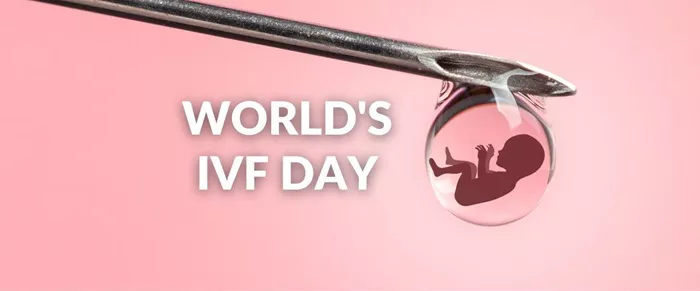As World IVF Day approaches, the spotlight turns to a pressing health issue affecting millions of Indians regardless of their socio-economic status: infertility. Often shrouded in silence and stigma, infertility represents not only a personal struggle but also a public health concern that demands urgent attention and decisive action.
Globally, infertility affects 10-15% of couples, with India witnessing a rising trend. An estimated 27.5 million couples in the country grapple with infertility, influenced by factors such as changing lifestyles, delayed marriages, urbanization, and medical conditions like PCOS and endometriosis.
Dr. Chaitali Taware, an IVF Specialist at Clara IVF, highlighted the transformative role of in vitro fertilization (IVF) in reproductive medicine. “IVF offers renewed hope for couples struggling with infertility,” she explained. The procedure involves retrieving eggs, fertilizing them with sperm in a laboratory setting, and subsequently transferring embryos into the uterus, significantly enhancing pregnancy prospects.
“Advancements in medical technology have markedly improved IVF success rates,” Dr. Taware continued. Data from the Indian Society for Assisted Reproduction indicates success rates ranging from 30% to 35% per cycle for women under 35, comparable to global standards. Innovations such as preimplantation genetic testing (PGT) and enhanced embryo culture techniques further elevate success rates by selecting healthier embryos and minimizing genetic risks.
However, accessibility and affordability remain formidable barriers to IVF adoption in India. With costs ranging from INR 1.5 to 2.5 lakh per cycle, many couples, particularly from economically disadvantaged backgrounds, find these treatments financially prohibitive. Initiatives like subsidized ART programs in Tamil Nadu government hospitals aim to alleviate this burden, but broader policy interventions are crucial. Extending health insurance coverage to include fertility treatments and implementing supportive workplace policies that accommodate fertility-related needs could significantly ease the financial and emotional strain on affected couples.
Addressing infertility demands a comprehensive approach starting with heightened awareness. Dispelling myths and reducing stigma through public health campaigns and educational initiatives are pivotal in normalizing discussions about reproductive health and encouraging couples to seek assistance without shame.
In commemorating World IVF Day 2024, the imperative is clear: to confront India’s infertility challenges head-on through awareness, accessibility, and supportive policies, ensuring that every couple has a chance to build their family with dignity and hope.
Related Links:

























